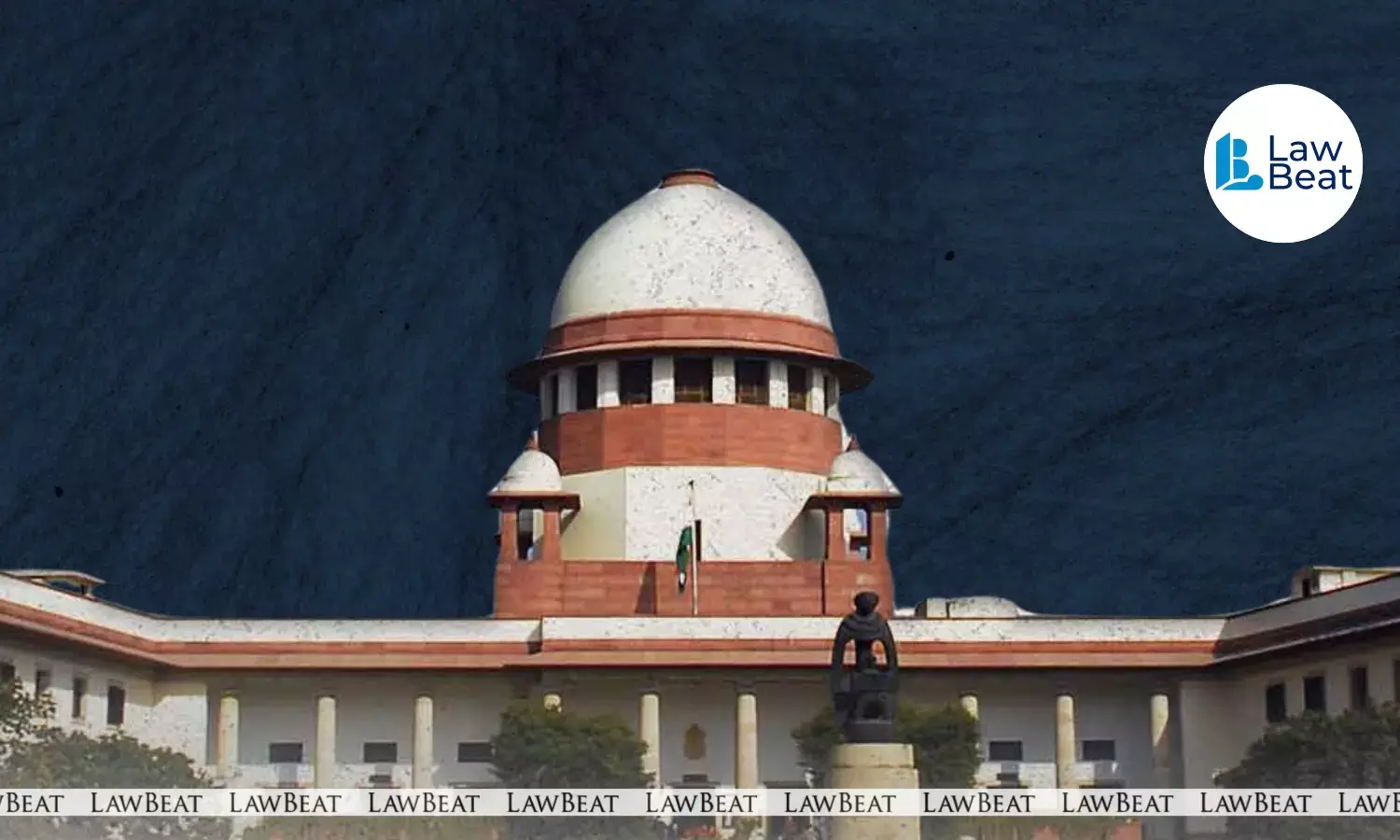SC Constitution Bench to Decide Eligibility of Judicial Officers for Direct Recruitment as District Judges

X
Court has referred a crucial constitutional question to a five-judge bench: can a judicial officer's prior seven years as an advocate count toward eligibility for direct appointment as a District Judge, and at what point should this eligibility be assessed?
The Supreme Court has on August 12, 2025 referred to a five judge Constitution Bench the question of whether a judicial officer who has completed seven years in practice at the Bar prior to joining the subordinate judicial service can be considered eligible for appointment as an Additional District Judge against vacancies earmarked for direct recruitment from the Bar. The decision could have a significant impact on the interpretation of Article 233(2) of the Constitution and on recruitment policies for higher judicial service across the country.
A bench comprising Chief Justice of India B R Gavai and Justices K Vinod Chandran and N V Anjaria framed a second related question for the Constitution Bench. The court will also decide whether the eligibility for appointment as a District Judge is to be assessed at the time of appointment, at the time of application, or at both stages. This clarification will address a long standing ambiguity in the recruitment process and determine how service history interacts with constitutional eligibility criteria.
The court directed its registry to place the matter before the Chief Justice of India on the administrative side to secure appropriate orders for the constitution of the Bench. The order was passed while hearing a batch of petitions which, in substance, sought review of the February 19, 2020 judgment in Dheeraj Mor vs Hon’ble High Court of Delhi. In that case, a three judge bench had held that members of the judicial service of a State could be appointed as District Judges either through promotion or via the Limited Departmental Competitive Examination.
In Dheeraj Mor, the Supreme Court had also held that under Article 233(2) of the Constitution, an advocate or pleader with not less than seven years’ practice could be appointed as a District Judge through direct recruitment only if the candidate was not already in the judicial service of the Union or a State. Based on this interpretation, the court upheld the validity of High Court rules that barred judicial officers from competing for direct recruitment posts meant for the Bar.
The current petitions, which include both writ petitions and review petitions, seek a declaration that judicial officers who had completed seven years of practice at the Bar before joining the judicial service should be entitled to apply for direct recruitment to the post of District Judge under Article 233(2). The petitioners argue that the prior Bar experience should not be disregarded simply because the candidate later joined the judicial service.
Counsel for different parties advanced competing arguments. Some submitted that the interpretation of Article 233(2) raised in the petitions involves substantial questions of constitutional law that must be considered by a Constitution Bench. They pointed out that Article 145(3) of the Constitution mandates that any case involving such substantial questions must be heard by a Bench of at least five judges. Others contended that no such reference was necessary and that the 2020 judgment had settled the matter.
After hearing all counsel, the Bench observed that Article 145(3) specifically provides that the minimum number of judges for deciding a case involving a substantial question of constitutional interpretation shall be five. The court also noted that in 2018, it had directed the matter to be placed before the Chief Justice of India in light of the constitutional issues involved, but the Dheeraj Mor case was nevertheless decided by a three judge bench.
The court stated that ordinarily, given that the interpretation of Article 233(2) was squarely in issue, the matter should have been heard by a Constitution Bench. The fact that it was decided by a smaller bench was unusual. In the present circumstances, the court was of the considered view that the issues now raised should be decided by a Bench of not less than five judges to ensure authoritative clarity.
The decision to refer the matter to a Constitution Bench means that the Supreme Court will revisit the scope and meaning of Article 233(2). This provision governs the appointment of District Judges and seeks to balance opportunities between members of the Bar and those in the judicial service. The outcome will determine whether prior experience at the Bar continues to count for eligibility once an individual has entered judicial service, and whether the critical date for assessing eligibility is the application date, the appointment date, or both.
Case Title: Rejanish K V Vs K Deepa And Others
Judgment Date: August 12, 2025
Coram: Chief Justice of India B R Gavai, Justice K Vinod Chandran, Justice N V Anjaria
Next Story
